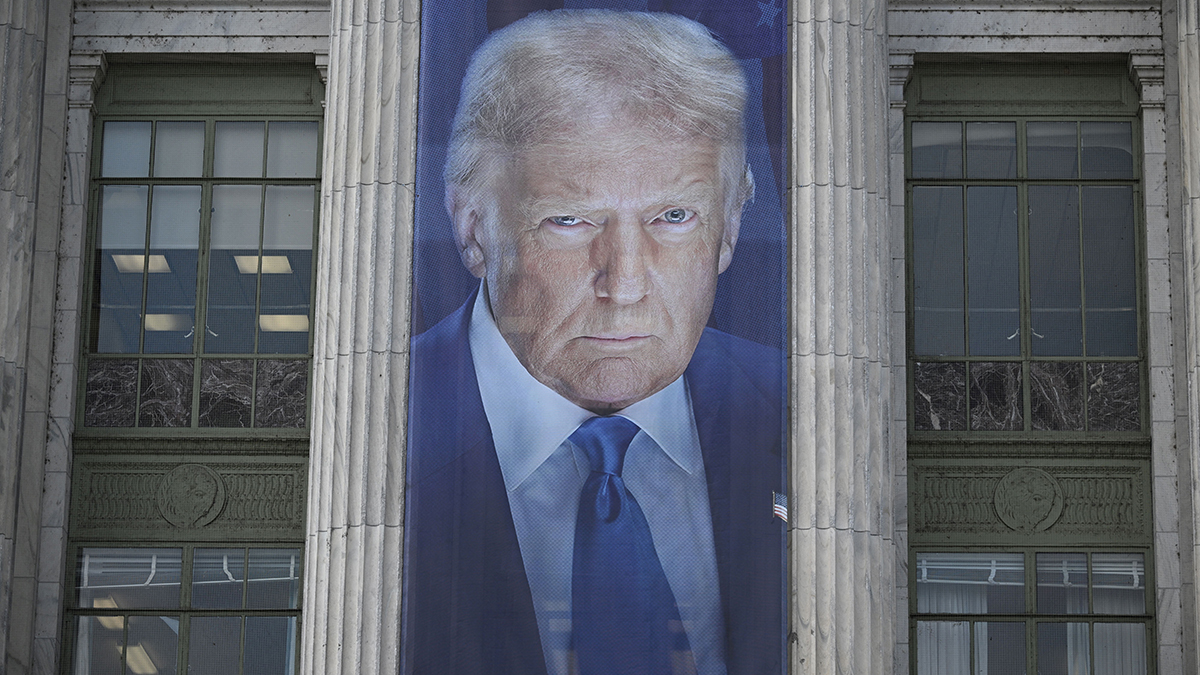Australia Inflation: What 2.4% Means For Your Wallet
Australia's Inflation Rollercoaster: Steady at 4-Year Low?
The Inflation Equation: A Balancing Act
Hey there, fellow Aussies! Let's talk about inflation, that sneaky economic beast that nibbles away at our wallets. The latest figures are in, and Australia's first-quarter inflation has held steady at 2.4%, marking a four-year low. But what does this actually mean for you and me?
A Closer Look at the Numbers
Australia’s first-quarter inflation rose 2.4% compared to the same period last year, staying at a four-year low. Now, that might sound like good news, and in some ways, it is. But like any good economic story, there are layers to peel back.
This figure, while being a four-year low, was slightly higher than the 2.3% climb anticipated by Reuters. The rate remains unchanged from the previous quarter's 2.4% mark, suggesting a certain level of stability – or perhaps, a stubborn persistence.
What's Driving the Price Hikes?
So, what's getting more expensive? According to the Australian Bureau of Statistics (ABS), the big culprits are:
- Housing: Rent, mortgages, and the general cost of putting a roof over your head.
- Education: Textbooks, tuition fees, and all those other education-related expenses.
- Food and Non-Alcoholic Beverages: The price of groceries seems to be ever-increasing, doesn't it?
Why Housing is Still King (of Expense)
Let's face it, owning or renting a home in Australia, especially in major cities, is a serious financial commitment. The continued rise in housing costs is a major factor influencing inflation. Supply and demand, interest rates, and investment trends all play a part in this complex equation.
Education: Investing in the Future...at a Price
Education is crucial, no doubt. But the rising costs associated with it are putting a strain on many families. From school fees to university degrees, the price of knowledge is definitely on the upswing.
Food Prices: A Never-Ending Battle
Have you noticed how your grocery bill seems to climb higher and higher each week? We all have! Factors like weather patterns, global supply chains, and even packaging costs can contribute to rising food prices.
The Offsetting Factors: Where Prices Are Falling
It's not all doom and gloom, though. Some areas are actually seeing price decreases, which helps to balance things out. These include:
- Recreation and Culture: Concert tickets, museum visits, and other leisure activities.
- Furnishings, Household Equipment, and Services: Sofas, washing machines, and even cleaning services.
Recreation: Finding Affordable Fun
Perhaps businesses in the recreation sector are recognizing the need to keep prices competitive. Lower prices in this area can give our wallets a little breathing room.
Home Goods: A Bargain Hunter's Paradise?
With increased competition and global manufacturing, the prices of many household goods have become more accessible. So, if you're in the market for new furniture, now might be a good time to shop around.
Inflation's Impact on Interest Rates
Now, here's where things get interesting. The Reserve Bank of Australia (RBA) keeps a close eye on inflation. Why? Because inflation plays a big role in determining interest rates. If inflation starts to rise too quickly, the RBA might raise interest rates to cool things down.
The RBA's Tightrope Walk
The RBA has a tough job. They need to balance the need to control inflation with the desire to keep the economy growing. Raising interest rates too quickly could stifle growth, while not raising them enough could lead to runaway inflation.
What Does This Mean for Your Wallet?
So, how does all this inflation talk affect your everyday life? Well, it depends. If your income isn't keeping pace with inflation, your purchasing power is eroding. In other words, you can buy less with the same amount of money.
Budgeting in an Inflationary Environment
Creating a budget and sticking to it is more important than ever in times of inflation. Identify areas where you can cut back on spending and prioritize your needs.
Negotiate, Negotiate, Negotiate!
Don't be afraid to negotiate prices, whether it's for your internet bill or your rent. You might be surprised at how much you can save.
The Global Inflation Picture
Australia isn't the only country grappling with inflation. Many other nations are facing similar challenges. Global events, such as supply chain disruptions and geopolitical tensions, can have a significant impact on inflation rates around the world.
Australia vs. the World
It's helpful to compare Australia's inflation rate to those of other developed countries. This can give us a better sense of how we're performing relative to our peers.
Looking Ahead: What's Next for Inflation?
Predicting the future of inflation is like trying to predict the weather – it's tricky! However, economists are constantly analyzing data and making forecasts. Factors to watch include:
- Global economic growth
- Commodity prices
- Wage growth
- Government policies
Staying Informed: Your Best Defense
The best thing you can do is stay informed about economic developments and how they might impact your finances. Knowledge is power!
Expert Opinions and Analysis
What are the experts saying about Australia's inflation outlook? Many economists believe that inflation will remain moderate in the coming months, but there are also concerns about potential risks, such as rising energy prices.
Reading Between the Lines
It's important to consider a range of different viewpoints when interpreting economic data. No one has a crystal ball, so it's best to gather as much information as possible.
Investment Strategies in an Inflationary Climate
Inflation can also affect your investment portfolio. Some assets, like real estate and commodities, tend to perform well during periods of inflation, while others, like bonds, may struggle.
Diversification is Key
Diversifying your investments is always a good idea, but it's especially important during times of economic uncertainty. Spread your risk across different asset classes.
Government Policies and Inflation Control
The government also plays a role in managing inflation. Fiscal policies, such as tax cuts or increased spending, can have an impact on inflation rates.
The Role of Fiscal Responsibility
Sound fiscal management is essential for maintaining economic stability and controlling inflation.
The Long-Term Perspective on Inflation
It's important to remember that inflation is a normal part of economic life. It's been around for centuries, and it's likely to continue to be a factor in the future. The key is to manage its impact on your finances.
Planning for the Future
Start planning for your financial future now, taking into account the potential impact of inflation. This includes saving for retirement, investing wisely, and managing your debt.
Conclusion: Navigating the Inflation Maze
So, there you have it – a deep dive into Australia's latest inflation figures. While the 2.4% rate represents a four-year low, it's important to remember that inflation is a complex issue with many contributing factors. By staying informed, budgeting wisely, and making smart financial decisions, you can navigate the inflation maze and protect your financial well-being. The steady inflation is good, but vigilance is better.
Frequently Asked Questions (FAQs)
- 1. What exactly does inflation mean?
- Inflation is the rate at which the general level of prices for goods and services is rising, and subsequently, purchasing power is falling. It essentially means your money buys less over time.
- 2. How is the inflation rate calculated in Australia?
- The Australian Bureau of Statistics (ABS) calculates the inflation rate by tracking the prices of a "basket" of goods and services that represent typical household spending. The change in the price of this basket over time is used to calculate the Consumer Price Index (CPI), which is a key measure of inflation.
- 3. Why is housing such a major driver of inflation in Australia?
- Several factors contribute to high housing costs in Australia, including strong demand, limited supply in some areas, rising construction costs, and government policies related to housing and land development.
- 4. How can I protect my savings from inflation?
- Consider investing in assets that tend to hold their value or appreciate during periods of inflation, such as real estate, commodities, or inflation-indexed bonds. Diversifying your investment portfolio is also a good strategy.
- 5. What role does the Reserve Bank of Australia (RBA) play in controlling inflation?
- The RBA uses monetary policy, primarily by adjusting the cash rate (the interest rate at which banks borrow and lend to each other overnight), to influence inflation. Raising the cash rate can help to cool down inflation, while lowering it can stimulate economic growth.






